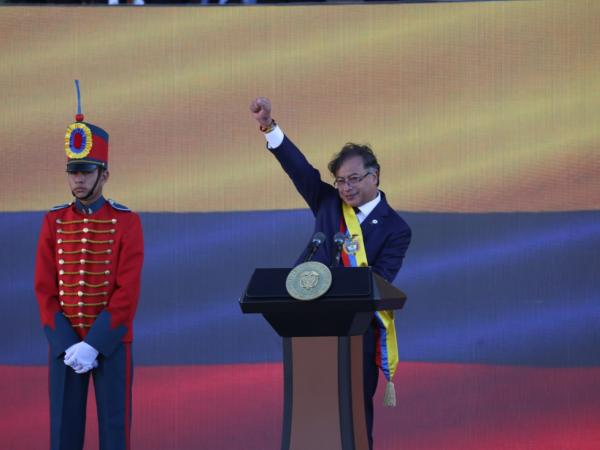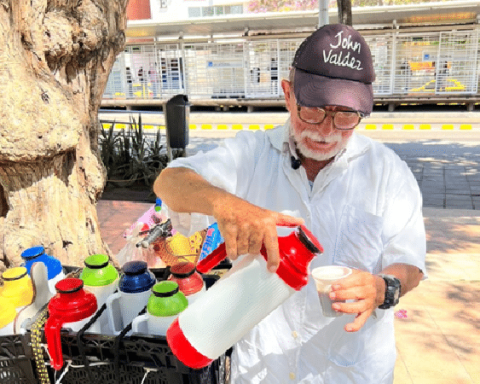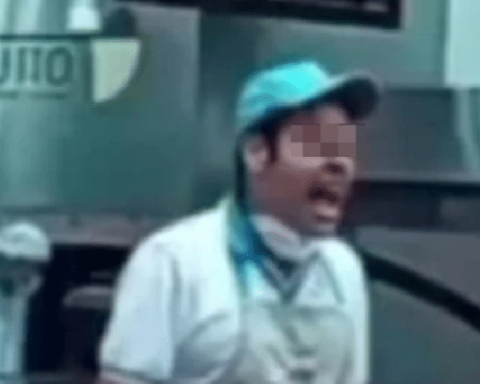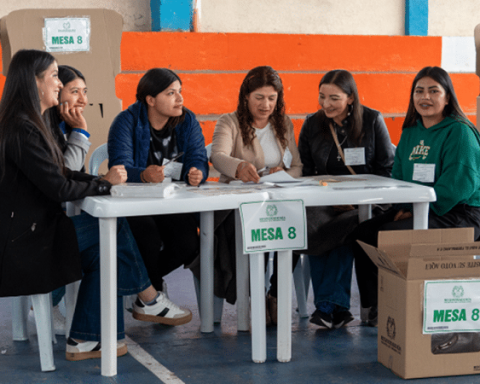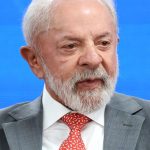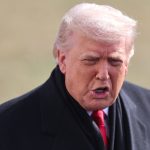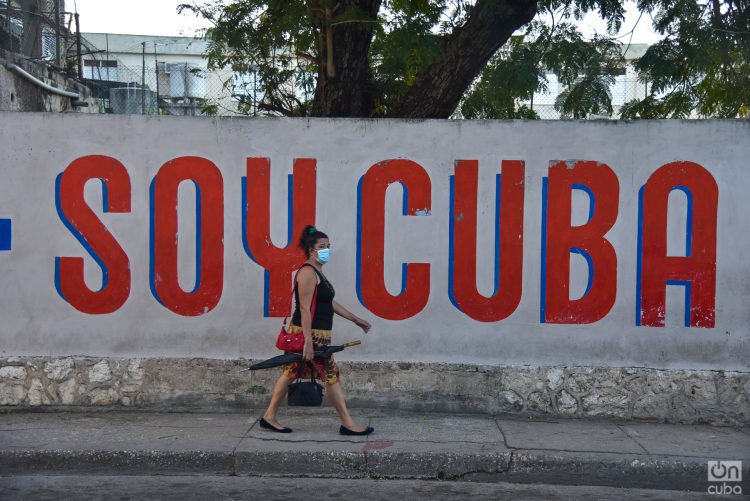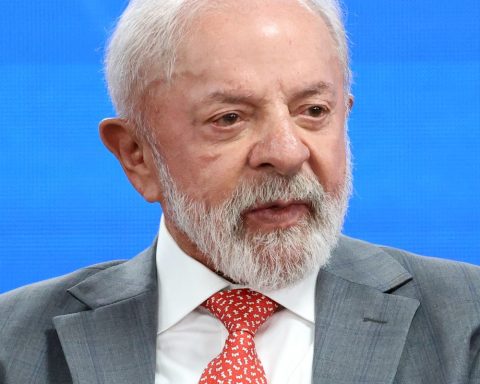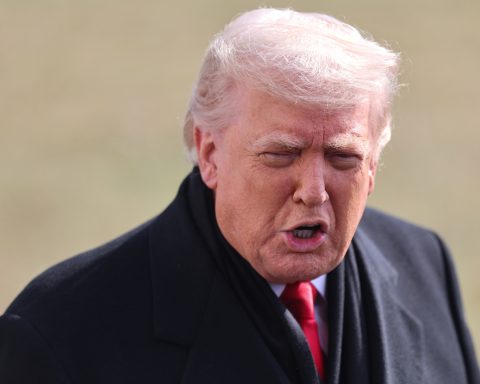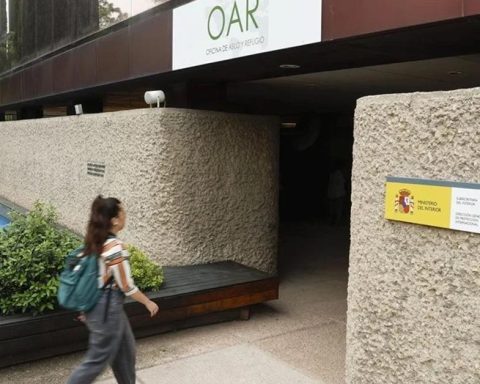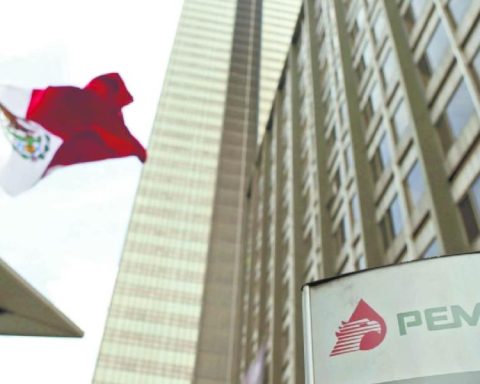Gustavo Petro Urrego was sworn in yesterday as the 42nd President of the Republic of Colombia. The president arrived with an ambitious agenda at the House of Nariño, and his plan in these four years is for the country to move towards a new productive model, with less emphasis on mining and energy, and more prominence of agriculture and national industries.
(The oath of Gustavo Petro in his presidential possession).
At the same time, Petro arrives with a robust social policy, with the aim of reducing hunger, poverty and guaranteeing free education at a higher level. But materializing these purposes will not be an easy task, and The now Colombian head of state will have to overcome several challenges to fulfill his government plan to 2026.
From Corficolombiana, for example, economic growth and social development, the fiscal situation and tax reform, and management of external accounts.
“There is a tension between continuing to grow and closing social gaps. The country recovered very well from the pandemic, we are at activity levels well above what we had before covid, but a lot of social gaps persist, such as informality, the female employment gap, and between the urban and the rural,” said José Ignacio López, head of economic research at the entity.
(Petro asked for Bolívar’s sword during his possession).
A second point, he says, is the fiscal situation of the country, in itself already complex, to which is added the situation of the Fuel Price Stabilization Fund (Fepc), “which adds 3 percentage points (of GDP) of fiscal pressure to a government that has to make an adjustment of 2 points, which has to spend 1 point to maintain the spending programs that were implemented in the pandemic. It is a fiscal challenge of 6 points then, ”says López.
For this reason, the approval of the tax reform that the government is expected to present in the first days would be crucial.
The third great challenge according to Corficolombiana would have to do with the sustainability of external accounts, in a scenario where the Colombian peso is weakened, and a current account deficit of close to 5% persists.
The economic studies center Anif has also identified a triad of challenges for the new president, among which is, first of all, Mauricio Santamaría, president of Anif, has pointed out the concern in fiscal matters, as a latent problem to the that no attention has been given; employment is the other alert signaled by the institution, especially in the case of women and youth, while the third situation, as Corficolombiana points out, is the external imbalance.
“Inflation is not included in these great priorities of the new government because it has a large external component, it is happening all over the world. And the last topic would be pensions and health,” Santamaría also told Portfolio in an interview a few weeks ago.
On the other hand, Beethoven Herrera, professor emeritus at U. Nacional and U. Externado, mentioned that one of the challenges for the president to achieve some of his reforms, contrary to being economic, It would be more political.
“It could be called the bear hug. Several parties that opposed him in the campaign came to join his coalition very quickly, but they do not share most of his proposals,” Herrera assured.
(‘I will develop the popular economy, the industry and the countryside’: Petro).
The academic questions whether, for example, the Liberal Party would support a change in the EPS or pension funds; or if the Conservative Party would accept a change in the land regime. “The parties that have joined him have a different agenda. He cannot make majorities alone, but no one goes to a coalition renouncing their basic bets”, questioned Herrera.
The teacher also said that another concern he will have to deal with will be budget limits. “No matter how well the tax reform goes, because it raises $30 or $50 billion, there are government priorities on issues such as hunger, health and education, but those plans would not be fundable in the short term”.
In addition, Herrera assures that the Petro Government, and its Minister of Agriculture, Cecilia López, have spoken of how the country has ‘de-industrialized’ and has become dependent on international markets, and for this reason they propose the revision of free trade treaties trade (FTA). “Raising any tariff is going to generate retaliation at the same level. More than a renegotiation, we could look at a deepening of competitiveness, we must bet on proposals for internal stimulus, ”she assured.
LAURA LUCIA BECERRA ELEJALDE
BRIEFCASE
